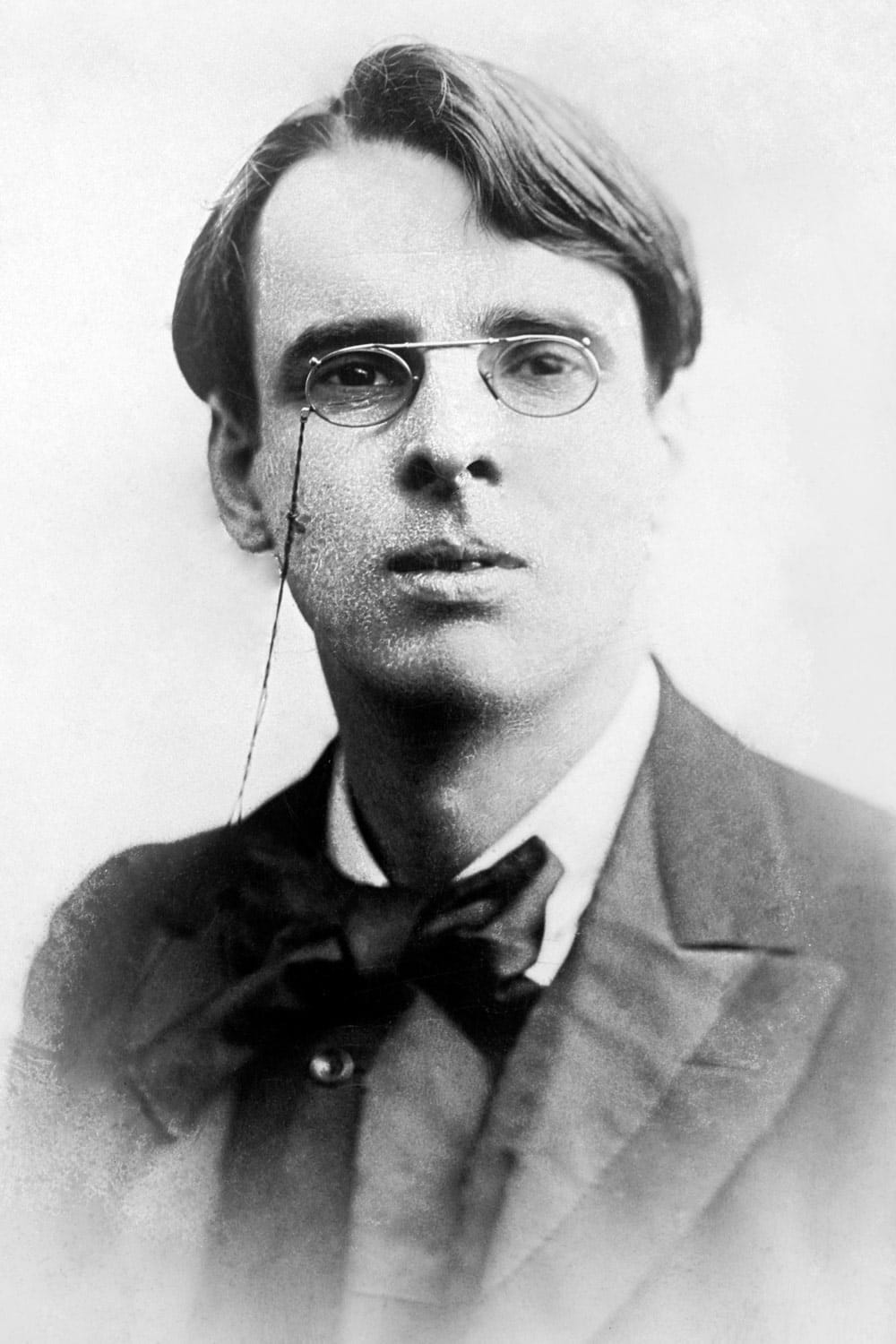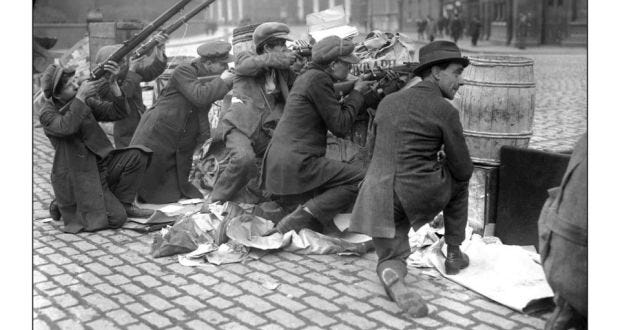1I blame the weather for my life long love of Shakespeare; it was a sunny day and I was looking out the window in my English class, instead of paying attention to Julius Caesar when the teacher pulled me up with a sarcastic ‘Are we boring you?’ As as a punishment for day dreaming, I was told to stay behind and write out lines which I duly, if resentfully, did. And then something very strange happened:
There is a tide in the affairs of men, if taken at the flood leads onto fortune2
One minute, I was writing Elizabethan gibberish, and the next, BOOM; he’s saying that there are moments in our lives which change us forever, depending on what decisions we make? This felt like I’d fallen through the surface of the text into another world of hidden meanings; who knew what other useful life lessons for my 13 year old self might be waiting for discovery in Shakespeare?3
Unfortunately, my English teacher was uninterested in my epiphany, that this Shakespeare dude is, like, REALLY GOOD sir. But that language, and in particular theatrical language, had this superpower of radically shifting consciousness has always stayed with me. And I thought I was alone until recently, whilst reading the utterly brilliant work of the Ellie Robbins on her Substack ‘How to Go Home’ (please read it first)….4 5brought me right back to that moment, long, long ago ago (no, I’m not telling you how long). Reading her wonderful trio of essays about the shrinkage of modern consciousness, the potential for consciousness shifting contained in the deep reading of a text and finally on the muting of female voices from Greek theatre, there were so many pennies dropping, you’d need a tin hat to keep your head safe6.
But, since she has written about this so much better than I ever could, what does this have to do with Irish history or indeed with anything in this very strange present moment? And are there any examples of where theatrical language actually had discernible impacts? Isn’t theatre just a past time for middle class people, a way of signalling how cultured/intelligent/high brow you are? Just an upmarket version of Netflix basically? I mean, it’s not like going to the theatre actually has anything to do with real life, has it?
Did that play of mine send out?

Looking at Irish history, there was a moment you can point to where going to the theatre had a big impact on events in the real world outside it and possibly even on the course of world history. In 1902, the Irish poet William Butler Yeats along with Lady Gregory (but actually mainly her) co wrote the play Cathleen ni Houhilan7, which starred his muse, the It girl of her day, Maud Gonne. The play was an allegorical call to arms for Irish nationalism, through the prism of a story of a young couple on the eve of marriage, visited by an old woman, the personification of Ireland, who pleads for the young man to fight for her freedom against foreign invaders, which abandoning his bride he does, leaving to take up against the British. It was a thinly veiled criticism of the subjugation of Ireland by the British and coded plea for Irish independence, by force, and it was hugely controversial from the start, particularly in the wake of a recent visit to Ireland by Queen Victoria intended to drum up support for the Imperial project.
Many years later in 1938, long after the goal of Irish independence advocated in the play had been achieved, Yeats mused in his poem The Man and His Echo8:
Did that play of mine send out. Certain men the English shot?
To which the short answer was: yes, William it did. The play itself had been due for a performance on Easter Monday 1916, but this had to be cancelled, seeing as most of the cast were in the General Post Office on Dublin’s main street, and, in the ultimate demonstration of Method Acting, firing actual guns, not props in a rebellion against the British State. 910In fact, one of the play’s actors, Sean Connolly was killed whilst leading the attack on Dublin Castle, the seat of the British administration in Ireland11.
While the initial angry Irish public response to the 1916 rebellion was that it was an embarrassing failure by a small bunch of eccentric misfits, this soon morphed into widespread public support when, in a spectacular own goal, the British State made the pretty terrible decision to conduct secret trials of the rebels, conducting summary executions of the ringleaders, and imprisoning the rest in a classic case of How Not To Handle a Rebellion12.
Two years later, the political party behind the Easter Rising, Sinn Fein won mass popular support in the 1918 elections, started the Irish War of Independence, the ultimate success of of which, and the gaining of Irish independence lead to the chain reaction break up of the British Empire as other colonies like India imitated the Irish example. So, although the play was only one strand of a wider cultural movement against British hegemony, it was a hugely influential one.
To explore strange new worlds...
But Yeats’ poem also points to deeper questions: what happens when your audience takes the message of your artistic creation to places you didn’t expect it to go? And how much responsibility does a writer have for what the audience/actors do with the message afterwards? What is it about the theatre that it can have such a powerful effect?
In her wonderful essay, Ellie talks about the original purpose of theatre, how it started in ancient Greece as essentially a community consciousness building exercise for democracy, requiring active participation and training, both by the main protagonists, and by chorus members, who were ordinary members of the public. In effect Greek theatre was the holodeck of the 1980s Gene Rodenberry TV program Star Trek: The Next Generation, a virtual space for a community to practice what-if scenarios for crucial matters like falling in love with the wrong person, deciding to go to war, or dealing with grief and revenge without destroying social structures. The play’s chorus represented the communal voice, the feedback from the wider community that the main protagonists had to take on board to factor into their actions. So there existed in real time a feedback loop between the actions of the main characters and the community settings in which they were located.
13Unfortunately, in Ellie’s opinion and mine, the fragile egos of elite Greek men defanged some crucial elements of Greek theatre by dumbing down important elements. Firstly women were entirely banished from theatrical public performances, thus silencing the voices of half of the community at one fell swoop and all of the parts were played by men.
So now the theatre/holodeck program had been tweaked to only contain the point of views of elite Greek men, who were both wrote, and portrayed female parts in theatres without any inconvenient or noisy feedback from the actual women in their community, and women remained absent from theatre stages until the middle of the seventeenth century. 14 Long before Shakespeare’s time, the chorus/community voice had also been banished completely from the stage, and in my opinion, had been demoted to the audience, literally reducing them to (mainly) passive observers, until we have today’s typical theatre experience today, silent observers in the dark, heads tilted upwards at the stage and passively imbibing the play’s Take Home Message as designated by the play’s author15.
16But like an abuse victim who finally one day takes a hammer and hits back at her abuser, audiences aren’t always the passive vessels of the playwright’s messages; they can go rogue and decide what they want to take away from a performance taking it to places that the playwright never imagined. This can often be a deeply unpleasant surprise, as Yeats reflected in his anguished question many years later; he might have wanted his audience to support Irish independence, but the deaths of actual human beings because of something he wrote, was clearly something that haunted him for the rest of his life.17.
18Anyway, you might ask what has any of this have to do with today? Let’s rewind to the original purpose of theatre, to bolster democracy and allow a community to wargame fictional scenarios collectively. How does that compare to today’s performance of democracy? Well, pretty badly actually, looking at what’s just happened (written in the immediate aftermath of the Trump victory). We’ve just had a campaign/performance with lots of speeches and opinions delivered by politicians and journalists where the audience/chorus real PoV was missing. The morning following the election, many pundits were ashen faced and stunned because They Never Saw This Coming. For their part the voters/audience having delivered their devastating onetime end of performance verdict aka the vote, have now got to live with the consequences of their decision for the next four years without any way of rowing back or modifying their decision. You could say, but that’s democracy, however this version of it is a pretty crude instrument, with the potential for lots of societal damage between elections, and equally nasty surprises for politicians from the electorate like the one we’ve just seen.

19Here’s a thought experiment: what if we restored the chorus to democracy? Would this stop politicians and the media straying so far away from wider community opinion between elections that huge electoral upsets would be very difficult, because they’d have a much better idea of public opinion on a day to day basis? This isn’t an original idea, Ireland has something already called the Citizens’ Assembly, and there is also another idea called Deliberative Democracy which sounds promising.
There is one intriguing parallel from recent history for this in 1970s Chile, under its President Salvador Allende, the ideas of the British economist Stafford Beer were implemented in Project Cybersyn a proto dynamic economic model using early computers (which included an anhedonic meter, which attempted to measure the impacts of economic policies on workers’ satisfaction in real time) thus including a feedback loop of community satisfaction. However, this was never fully implemented as Allende was toppled from power by the CIA backed General Pinochet in 1973.2021
Perhaps it is time to revisit the ideas of Stafford Beer again?
https://www.rte.ie/archives/2021/0906/1245008-lady-hazel-lavery/
https://myshakespeare.me/quotes/tide-affairs-men/
and the answer is plenty, and it’s been a life long love
https://en.wikipedia.org/wiki/Cathleen_ni_Houlihan
https://allpoetry.com/The-Man-And-The-Echo
and these included quite a few women.
In fact, seeing the printed Proclamation of Independence posted around the city, some Dubliners mistook them for a publicity stunt for the play.
https://www.irishtimes.com/culture/books/review-the-abbey-rebels-of-1916-a-lost-revolution-1.2498290
There is evidence that Padraig Pearse, one of the chief architects of the rebellion had correctly predicted the British response, the subsequent public backlash, and the ultimate success of the rebellion in what must be one of the most bizarre and prescient political prophecies in modern history. https://www.ruthdudleyedwards.co.uk/non-fiction/patric-pearse-the-triumph-of-failure/
out the Furies, the personification of grief and lament who represented the women who had lost husbands or children in disease or war, and which were typically embodied in performative grieving at funerals, thus providing an important public safety valve in a society where disease and death were a common occurrence. I was very familiar with this concept, as it already exists in the Irish funeral custom of keening, public female performative grieving, which remained in Irish society until fairly recently.
female parts in Shakespeare’s times were also played by men. I find it incredible to imagine Lady MacBeth voiced by a prepubescent male teenager.
This may be a bit of a stretch, but after reading Ellie, this started ringing alarm bells with me. For many years I used to work in domestic abuse and one of the strategies for control by abusers is known as perspecticide. Essentially this is a way of inserting the POV of the abuser into the victim so that she (and it is usually she) stops thinking independently and starts behaving in ways which are in line with what the abuser wants her to do. Silencing the chorus, taking it off the stage, pushing it downwards, plunging it into darkness, it may be a bit out there, but to me there are eerie parallels with the abuser/victim dynamic. The only agency left to the audience is to applaud at the end of a performance, which suspicously is often the sole agency left to an abuse victim as well, to be a morale boosting cheerleader for the abuser.
In my view, there’s one remnant of the function of a chorus which is the presence of a jury in a courtroom. Trials are effectively performative, with defendants, witnesses, advocates and judges as the main players, but the presence of the jury is always an important constraint on proceedings. There are things you can’t say in front of them, they sit in silence and observe, but they can stop proceedings and ask for clarification, they deliberate in private, and they deliver the verdict. The power balance between the players in the drama is ultimately resolved by them.
We could acknowledge that attending a performance carries the risk that we might be venturing onto an imaginative holodeck with a risk that what we see might change us, for better or worse. We could design theatres where the role of the audience is acknowledged and encourage active audience participation during the performance. I recently attended a performance of Witness for the Prosecution in the former London County Hall Buildings, which took the form of a mock trial, and at the end the audience was invited to deliver a verdict. It made for a much more immersive experience. And maybe in the process we could revert to the original purposes of theatre, to educate people in how to deal with life’s dilemmas and the impact of choices on both yourself, your loved ones and the wider community. I vote for a Virtual reality version of democracy with the chorus and the Furies put back in….
This wasn’t a mistake that Shakespeare ever made; I think he was well aware of what powerful ju-ju theatre could be. Many of his plays were disguised commentaries on Elizabethan and Jacobean society, but as a man trying to stay on the right side of a police-state headed by characters like the sinister spymaster Robert Cecil, he was also careful to put in elaborate disclaimers in his work. For example the most beautiful small print backside covering (don’t try this at home folks) in history might be:
Our revels now are ended. These our actors, As I foretold you, were all spirits and Are melted into air, into thin air: And, like the baseless fabric of this vision, The cloud-capp'd towers, the gorgeous palaces, The solemn temples, the great globe itself, Yea, all which it inherit, shall dissolve And, like this insubstantial pageant faded, Leave not a rack behind.
Yeah, right. So how come we’re still quoting you over three hundred years later mate?
https://99percentinvisible.org/
https://onlinelibrary.wiley.com/doi/epdf/10.1111/ecaf.12441
https://www.lrb.co.uk/the-paper/v34/n14/greg-grandin/don-t-do-what-allende-did






